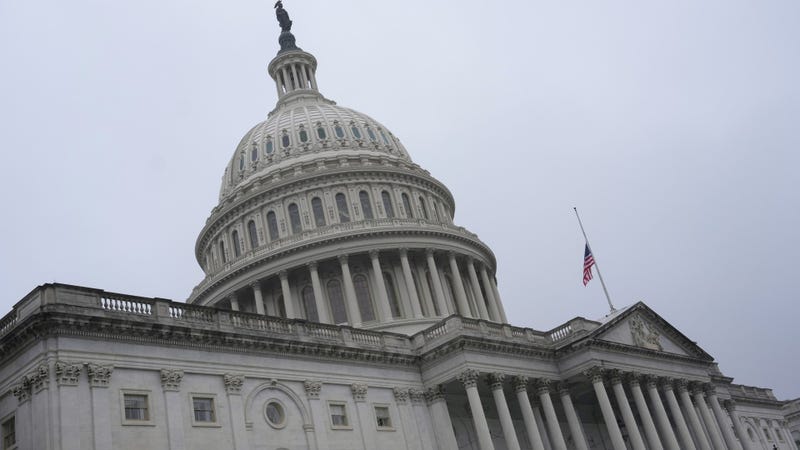
A sweeping bipartisan, bicameral legislative package that aims to improve services and benefits for military families has been introduced in Congress.
Sen. Richard Blumenthal (D-CT) and Rep. Jen Kiggans (R-VA) introduced the legislation last week.
“As a Navy spouse and mom of four, I know the extraordinary sacrifices our military families make to keep our nation safe—and they deserve more than just words of appreciation,” said Kiggans.
Included in the package is the Care for Military Kids Act, which is co-led by Sen. Thom Tillis (R-NC). The legislation ensures servicemembers can maintain critical healthcare coverage and medical services for their children no matter where their service takes them.
After moving to another state, current Medicaid regulations force military families to reapply for their children’s long-term care benefits through Medicaid since Tricare does not provide that benefit. The bill would allow military families to remain on their home state’s Medicaid throughout their military career.
“Military families make immense sacrifices for our nation, and ensuring their children have consistent access to critical healthcare should never be a burden placed on them,” said Tillis. “This bipartisan legislation will allow these families to maintain their home state's Medicaid benefits, giving our servicemembers the peace of mind they deserve.”
The Care for Military Kids Act is endorsed by the National Guard Association of the United States, the National Military Families Organization, and Blue Star Families.
The Servicemember Healthcare Freedom Act allows members of the Selected Reserve and National Guard employed within the federal government the choice between military and civilian healthcare plans. Current federal law prohibits members of the Reserves and Guard who are federal employees and eligible for federal health benefits from participating in the Defense Department’s Tricare system.
The legislation is endorsed by NGAUS, the Reserve Officers Association of America, and the Military Officers Association of America.
The Bonus Act would make all military recruitment and retention bonuses tax-free. Currently, military bonuses are taxed at the same level as those in the private sector. As a method to improve recruitment and retention, this legislation would eliminate the tax penalty on every eligible bonus.
The Coast Guard Parity Act ensures that enlisted Coast Guardsmen with at least 18 but fewer than 20 years of service are retained until they reach 20 years, unless separated for cause or misconduct. All other branches of the armed forces provide this protection.
“Our bipartisan, bicameral legislative package will make a real difference in servicemembers’ lives—expanding benefits and improving healthcare for their loved ones,” said Blumenthal. “Our common-sense reforms honor the service and sacrifice military families make every day. By easing the financial burden on families and ensuring access to critical healthcare coverage, our measures will improve the quality of life for thousands of military families.”
Reach Julia LeDoux at Julia@connectingvets.com.
